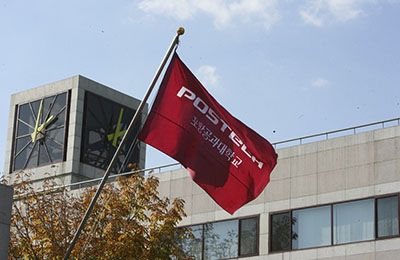POSTECH Makes History as First Korean Institution with Four Papers from One Laboratory at SIGMOD
The team of Professor Wook-Shin Han from the Graduate School of Artificial Intelligence at POSTECH has published four papers (three research papers and one demo paper) at SIGMOD 2024. This is the first time in Korean history that a single laboratory has published four papers at this conference.
SIGMOD is a top-tier international big data conference. Among the 213 research papers published this year, three came from Professor Wook-Shin Han’s team at POSTECH. For the demo papers, only 29, including one from Han’s team, were accepted. So far, the maximum number of papers published by a single Korean laboratory at this conference has been three, all from the same laboratory.
Postdoctoral researcher Kyoungmin Kim and Ph.D. student Sangoh Lee, both from the Graduate School of Artificial Intelligence, successfully combined deep learning and sampling techniques to accurately estimate cardinalities for efficient database systems and applied this to an open-source database system to generate optimal plans in their papers.
Ph.D. student Wonseok Lee from the Department of Convergence IT Engineering addressed a database technology issue that required a significant amount of time for dependency graph generation and proposed a technique that is hundreds of times more efficient than existing methods.
Ph.D. student Yukyoung Lee from the Department of Convergence IT Engineering published a paper proposing a framework for fairly comparing and analyzing continuous subgraph matching methods.
Furthermore, Professor Wook-Shin Han’s team at POSTECH also published three papers at VLDB 2024, considered another leading conference in the big data field alongside SIGMOD. Professor Han stated, “This achievement demonstrates POSTECH’s world-class research capabilities,” and added, “We will continue to strive to enhance Korea’s international standing and contribute to academic development in the fields of big data and database systems.”
This research was supported by the National Research Foundation of Korea (NRF) under the Mid-Career Researcher Program and by the Institute of Information & Communications Technology Planning & Evaluation (IITP) under the SW Computing Industry Core Technology Development Program.

